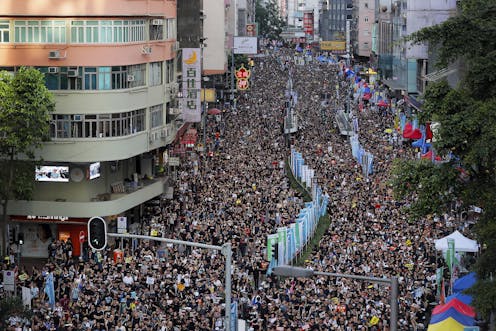
Australia's boldest sunscreen brand launches December 1 Australians love the sun. The sun doesn't l...

Rolling into the New Year means many Aussies have fresh plans for their homes with renovat...

Sustainable kitchens are no longer a passing trend in Australia. They reflect a growing shift towa...

Roselands local Aleesha Naxakis is on a mission to prove that life is a gift...

We are already over midway through January, and if 2025 was anything to go by, this year will be o...

In the modern workplace, flexible arrangements can be as important as salary[1] for some. For ma...

Sussan Ley may pay the price for the implosion of the Coalition, but the blame rests squarely wi...

As the summer holidays come to an end, many Aussies will be dreading their return to work and st...

The aftermath of the Bondi terror attacks has brought about a shift in polling for the Albanese ...

















